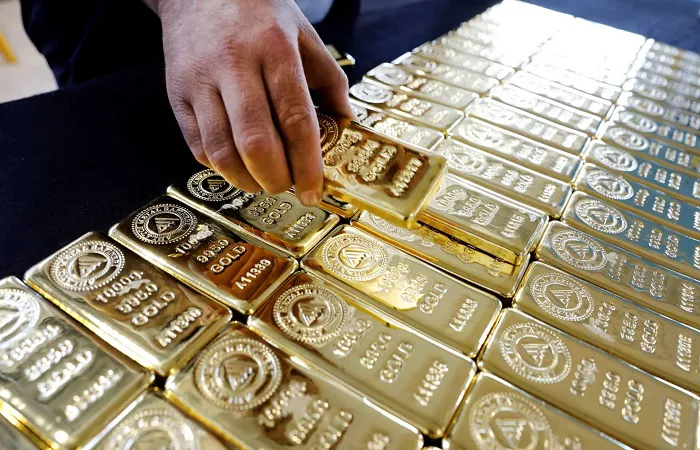Speaking to Bloomberg Television on Thursday, Cooper outlined the complex factors driving gold’s surge and the evolving dynamics shaping its outlook. “This rally is unique because it’s supported by a broader set of drivers,” she said. “What makes it particularly noteworthy is that after taking five years to hold above $2,000, gold broke through $3,000 and stayed there within a matter of weeks.”
Cooper attributes much of the rally to sustained central bank buying, a trend that began in 2022 and continues to offer strong downside support. However, a more recent development—renewed inflows into gold exchange-traded funds (ETFs), particularly in Asia—has reinvigorated demand and added momentum to the market.
“ETF inflows had been absent for most of 2024, but they’ve returned in the past three months, providing a fresh tailwind,” she noted.
Still Room to Run?
Despite a 40% gain over the past 12 months, Cooper argues that gold may not yet be overbought. Tactical investor positioning remains subdued, hovering near February 2024 lows and significantly below the peaks seen in 2019. Additionally, global ETF gold holdings are still approximately 400 tonnes below their 2020 highs, suggesting more room for institutional accumulation.
Demand from China has also played a critical role in the current rally, further differentiating it from previous bull runs. Cooper pointed out that while central bank purchases have moderated slightly due to record-high prices, the underlying motivation—diversification, reserve strategy, and meeting target allocations—remains intact.
Standard Chartered Sees Stabilization, Not Collapse
Looking ahead, Standard Chartered projects a 10% pullback in gold prices over the next seven months, driven by potential U.S. stimulus measures and a gradual easing of geopolitical tensions, particularly in the Middle East and Asia-Pacific regions. Nevertheless, the bank expects gold to maintain a floor above the $3,000 level.
“While we believe the peak may already be behind us, gold is likely to remain well supported,” Cooper said. “The macro backdrop—especially concerns around credit stability, inflation, and potential trade conflicts—continues to justify strategic allocations.”
As of mid-morning Thursday, spot gold was down 0.5% to $3,297.33 an ounce, reversing earlier gains that had pushed prices to a two-week high of $3,345.33. U.S. gold futures followed suit, falling 0.6% to $3,294.70 an ounce.
Related topics:
- India Surpasses China in Gold Purchases, Buying 51% More in Three Months
- Qilu Bank Enhances Support for Small Businesses with Innovative Financial Tools
- Bitcoin Poised for a Surge Amid Gold’s Delivery Delays, Expert Claims


